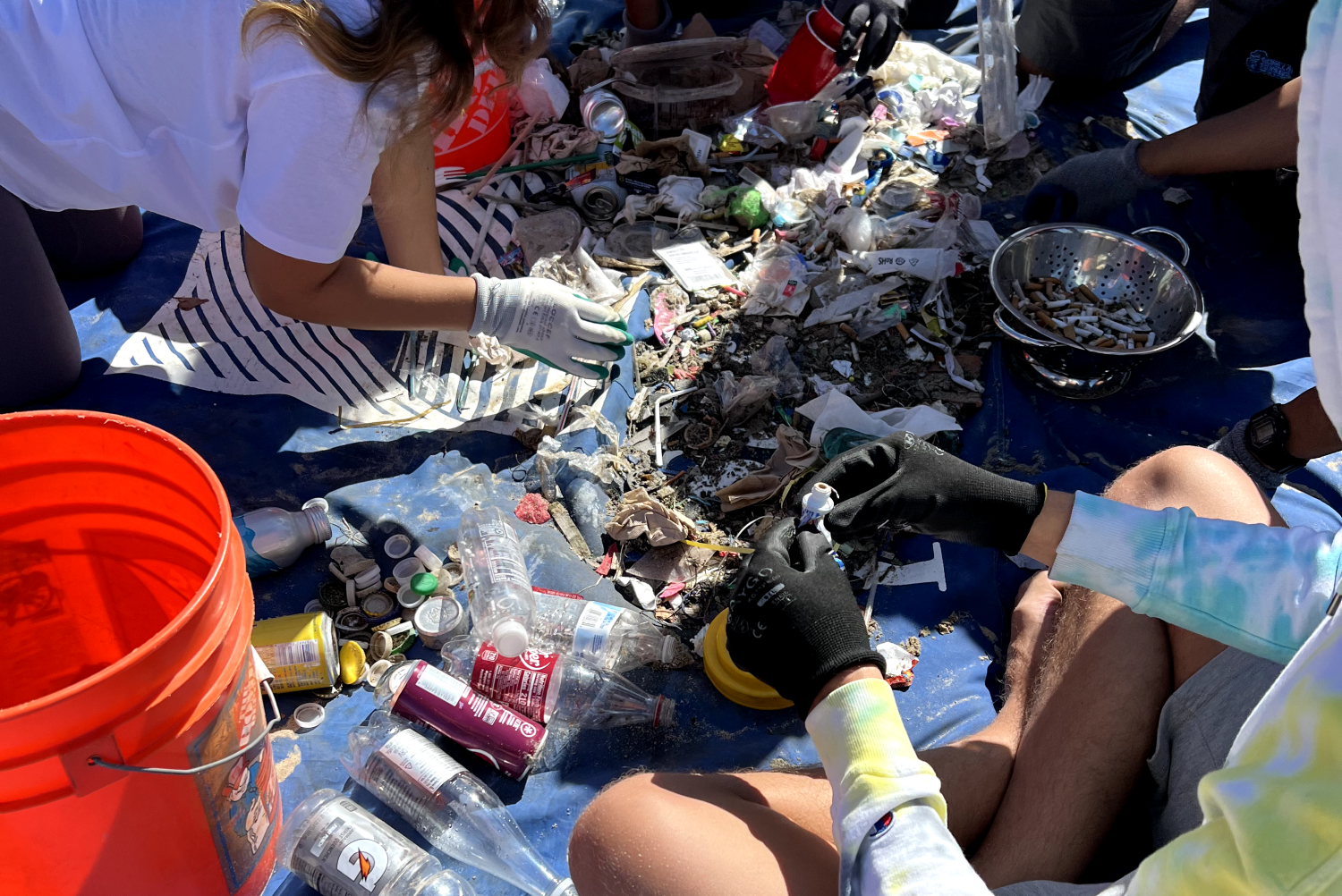Eco-Friendly New Year's Resolutions You'll Keep
This year (and every year), one of our New Year's resolutions is to live a more sustainable lifestyle. It's part of our brand DNA, but even at Bite, we all are at different points in our journey – and that's ok! We pulled together a few resolutions for the people who are just starting their research, the people who are experts, and everyone in between.
There's often this mentality with New Year's resolutions that you have to completely recreate yourself and overnight adopt tons of new habits to become a "better version" of yourself. But that's not realistic or encouraging. Our tip – read through the suggestions in this post and pick what seems achievable for where you're at right now, and leave the rest to add on later. Becoming more eco-conscious does not need to be intimidating, and you definitely do not need to become a zero waste guru overnight (unless you want to).
No idea where to start with living more sustainably? We got you. Here are some of the basics to work on.
- Reduce, reuse, and then recycle. Recycling really should be our last option. Recycling any material requires significant energy expenditure, and according to the EPA, 91% of plastic doesn't actually get recycled. A mindset change to focus more on reducing consumption of all goods is the first step to sustainable living.
- Try a new type of toilet paper. Did you know that traditional toilet paper is responsible for 15% of deforestation? Toilet paper made from recycled materials or bamboo have a much lower environmental impact, and can often be found in biodegradable packaging instead of plastic.
- Buy in bulk. When you buy larger versions of an item, there's less packaging waste per unit of product. We like to buy everything from cleaning supplies, toilet paper, personal care items, and groceries in bulk. You should find that buying in bulk ends up saving you money as well!
- Avoid rush shipping. This one is understandably difficult when we're used to getting anything we want within a day or two. But, rush shipping requires separate transportation and significantly higher carbon emissions. If you don't need an item ASAP, consider choosing standard delivery.
- Shop local produce. Have a farmer's market near you? Make it a habit to visit! Shopping local has a lower carbon footprint than buying from a store that has it's produce shipped from far away. Plus, you'll be supporting your local community and spending more time outside.
- Reduce food waste. According to the USDA, 30-40% of the food supply in the US ends up wasted. To help reduce waste on the individual level, try making meal plans for the week to eliminate excess items in your cart, learn how to properly store fresh produce, and experiment with some freezer hacks to save food that's starting to lose its freshness.
- Swap daily essentials for refillables. Think about how much plastic gets thrown away with the items we use every day. Refillable products reduce the amount of packaging created and thrown away. Next time you run out, look for refillable swaps for deodorant, cleaning supplies, makeup, toothpaste, and anything else you use consistently.
Alright, basics are covered. Now let's talk larger lifestyle changes that make an impact.
- Reduce meat intake. Globally, the UN estimates that livestock accounts for more than 14% of all man-made greenhouse gases. If you're not ready to go vegan, try incorporating Meatless Mondays and make it a goal to cook a new vegetarian recipe every week.
- Grow your own herbs and produce. No yard? No problem. Start growing herbs in a sunny windowsill.
- Reconsider your mode of transportation. Cars and trucks are major drivers of US emissions. If you can, take public transportation, carpool, bike, or walk. If you’re not ready to completely give up your car (understandable), start with alternate transportation to your local restaurants, grocery stores, and nearby shops.
- Embrace slow fashion. Trends come and go, and low quality, mass-produced garments ultimately end up in landfills at the end of their short lifecycle. Instead of on-trend clothing, opt for pieces that you'll want to wear for years and that will hold up. Also consider shopping second-hand for unique pieces. A good goal is to default to shopping second-hand, and if you really can't find what you're looking for, turn to sustainable brands.
- Start composting. Food waste decomposes in landfills and releases methane gas, but if composted properly, it turns into rich nutrients for our soil. If you don’t have designated city compost bins, the easiest way to get started is to keep a bag in the freezer for waste like egg shells, fruit and vegetable scraps, and coffee grounds, and drop off the waste at a neighborhood garden or compost drop-off when it’s full. Keeping your compost in the freezer eliminates smell and requires no new equipment, but there are tons of compost bin options if you’re looking for another solution.
Okay, you've made changes to your personal lifestyle to be more eco-conscious - that's a major accomplishment to be proud of! Now let's amplify it. Getting your community involved (friends, family, neighbors, politicians) creates more opportunities for large-scale change.
- Share what you’re doing. Easy as that! Talking about the changes you've made to have a positive impact on the environment is a great way to enroll more people in a eco-conscious lifestyle. Share the swaps you've loved the most, mistakes you made, and easiest ways to get started.
- Support local initiatives. What measures are on your next local ballot? Research and vote on initiatives that aim to create safer spaces for alternative transportation and provide resources for environmental programs.
- Volunteer. Get involved with (or organize!) beach and community cleanups, community gardens, and environmental education programs.


